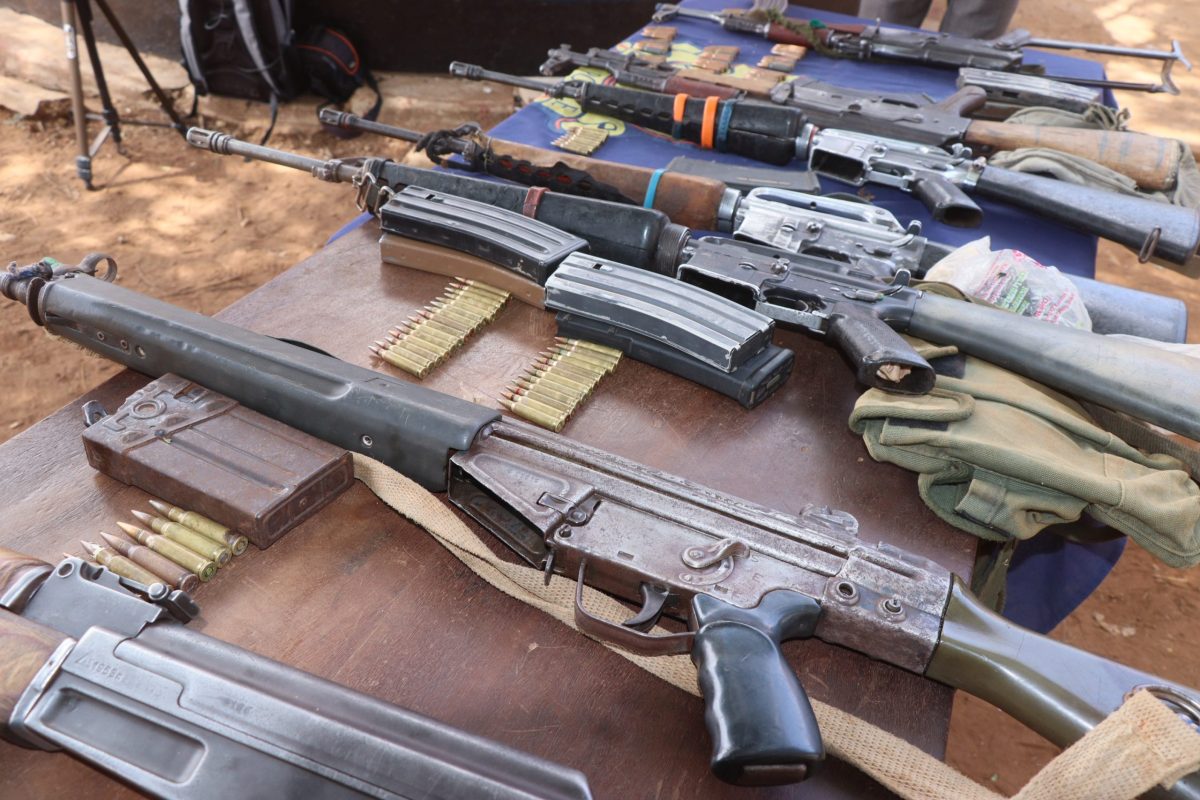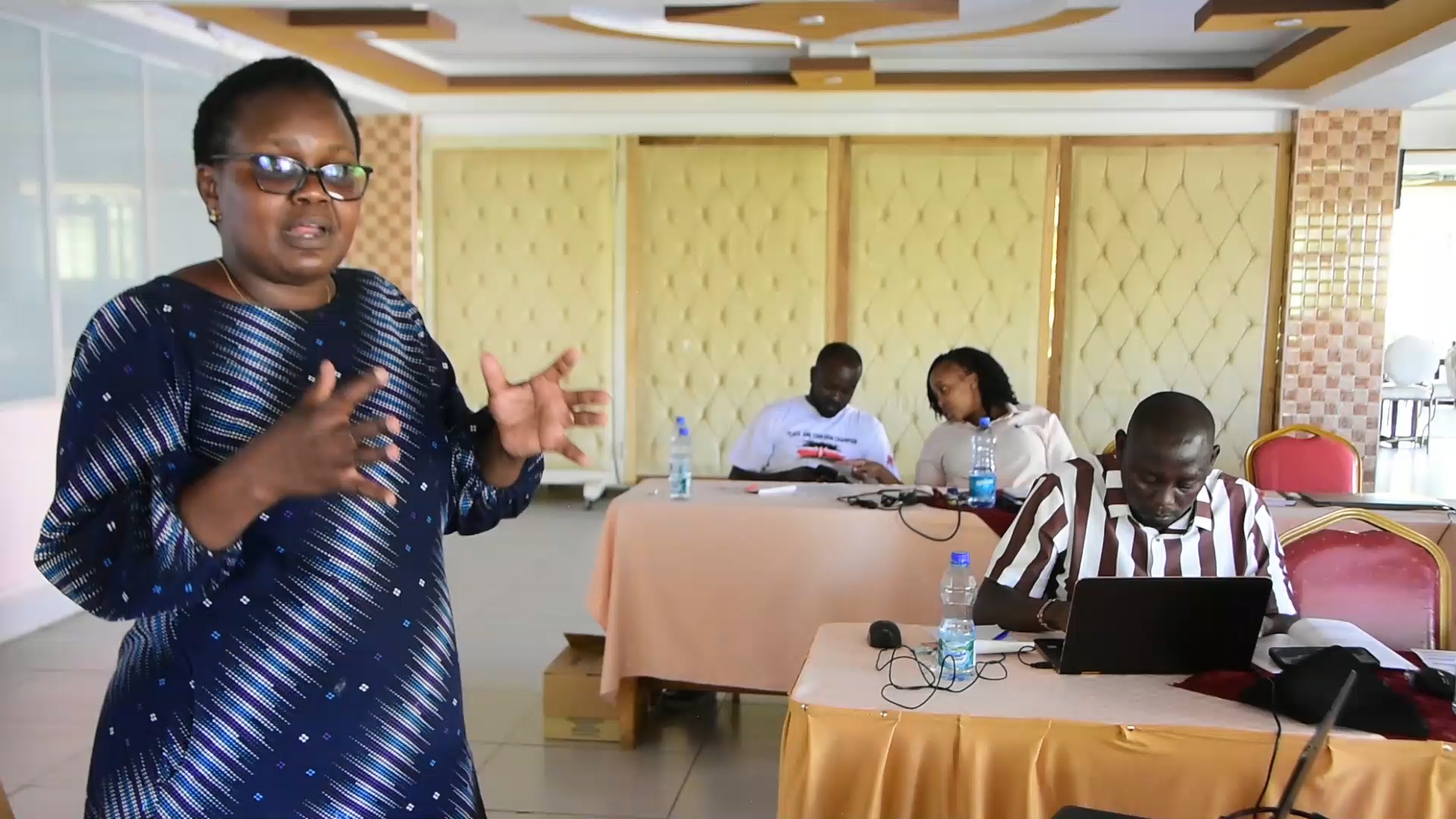Women of Kinna: The Unsung Heroes in the Fight Against Gender-Based Violence
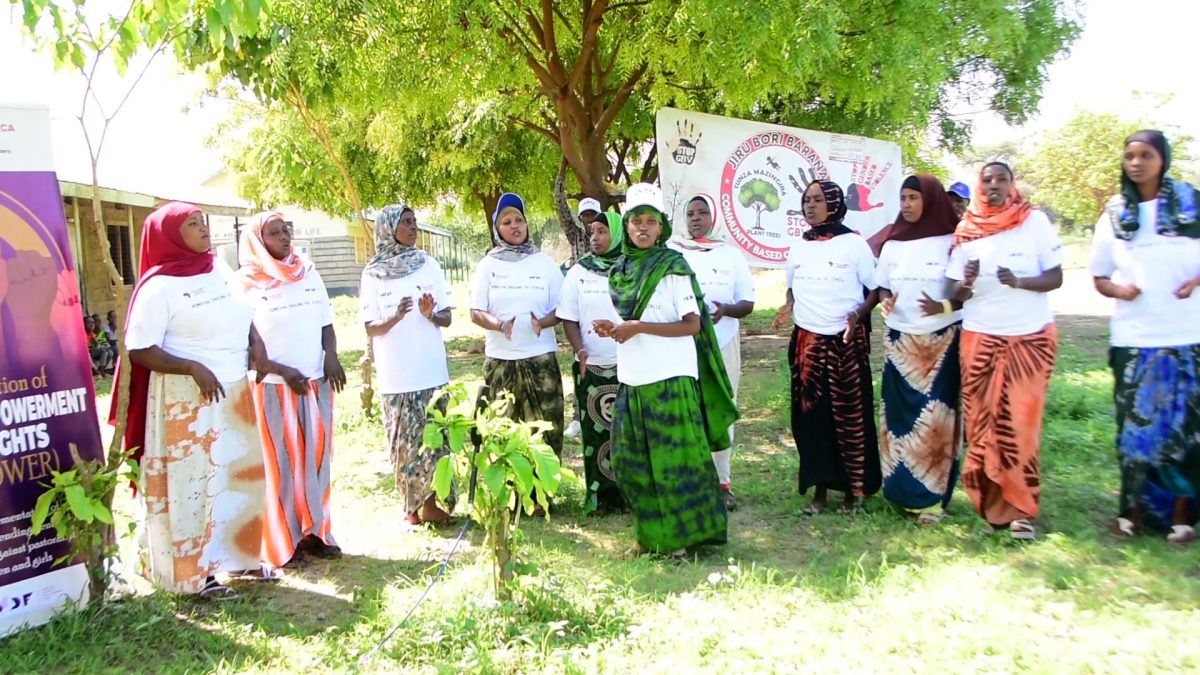
Photo: Members of Jiru Boru Borana group preforming a dance
In the remote villages of Isiolo County, a powerful grassroots movement is changing lives. Women from Kinna, a small but resilient community in Garbatulla Sub-County, have taken matters into their own hands, leading an inspiring campaign against Gender-Based Violence (GBV) and pushing for the implementation of gender policies.
Unlike conventional activism, these women are using a unique blend of traditional and modern advocacy techniques to challenge harmful cultural norms.
Their creative initiatives—spanning traditional dances, songs, and drama performances—have become vital tools in educating the community. These artistic expressions, showcased in schools and public gatherings, help deliver messages that might otherwise be difficult to communicate.
At the heart of this movement is Jiru Boru Borana, a group of 30 determined women working in partnership with the Horn of Africa Institute.
Their mission is clear: to create awareness, empower women, and challenge harmful practices like Female Genital Mutilation (FGM) and early marriages, which remain deeply entrenched in the region’s cultural fabric.
Over 200 girls have been sensitized on the dangers of GBV and the legal protections available to them. Safia Galgallo, the Assistant Chief of Kinna village, acknowledges the role of government and civil society in this transformation. “Through collaboration, we have created significant awareness, allowing more people to speak out about their challenges,” she says.
Galgallo further highlights the ripple effect of awareness campaigns, noting that increased school enrollments have resulted from girls choosing education over early marriages.
As cultural perceptions shift, more families are prioritizing education, realizing that empowered women contribute significantly to community growth.
Among the most compelling voices in this movement is Nusra Diba, an anti-FGM champion. Nusra recounts her harrowing experience of undergoing FGM at the age of nine. Today, she uses her story to advocate for girls’ rights. “Through women’s empowerment and enlightenment, I now know my rights as defined by the constitution,” she says, adding that her mission is to prevent other young girls from enduring the same painful experience.
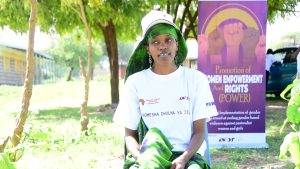
Photo: Nusra Diba GBV Champion
The fight against GBV in Isiolo has also led to the establishment of a community action team, which acts as a referral system for prevention, reporting, and response to GBV and FGM cases.
Community Health Promoter Ali Abduba is one of the frontline responders when GBV cases are reported. He ensures that victims receive immediate medical attention, legal assistance, and post-trauma counseling. “Beyond rescuing victims, we must help them heal and rebuild their lives,” he emphasizes.
The Horn of Africa Institute, through its Programme’s Officer, Pascalia Ogutu, emphasizes the need for documenting survivor stories. “When survivors become champions, they create further awareness on negative gender practices,” Ogutu explains.
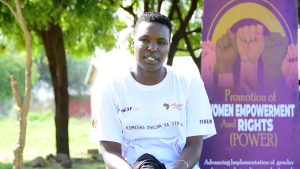
Photo: Pascalia Ogotu Programmes officer Horn of Africa Institute
This initiative goes beyond empowering women and girls—it actively involves the wider community, including elders, through seminars and sensitization programs. These engagements encourage local leaders to embrace progressive norms, ensuring a sustainable shift in cultural perceptions.
The women of Kinna are proving that grassroots activism, when intertwined with cultural identity and structured support systems, can create lasting change. Their fight against GBV is not just about protecting the vulnerable—it is about reshaping the future for generations to come.
With continued backing from government agencies, civil society organizations, and community elders, their efforts could serve as a model for other regions battling similar challenges.
The resilience and determination of these women stand as a beacon of hope, proving that change begins with those who dare to rise and lead.

